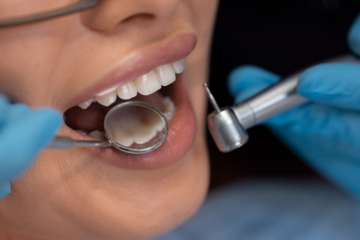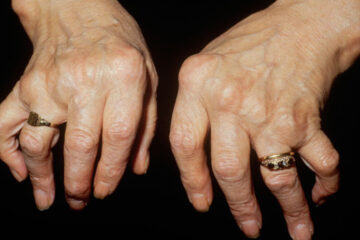Understanding TMJ Disorders: Symptoms, Causes and Treatment Options

Temporomandibular joint (TMJ) disorders affect the joint that connects your jaw to your skull. These disorders can cause pain and discomfort, limiting your ability to eat, speak, and live your daily life comfortably. In this article, we will discuss the symptoms, causes, and possible treatment options for TMJ disorders to help you get a better understanding of this medical condition.
Symptoms of TMJ Disorders
The most common symptoms associated with TMJ disorders include:
– Pain or tenderness around the jaw.
– Difficulty or pain while chewing.
– Aching facial pain.
– Limited jaw motion or locking of the joint.
– Clicking or popping sounds when opening or closing the mouth.
– Ear pain or ringing.
If you experience any of these symptoms, it is essential to consult a qualified dental professional for TMJ in Oakville who can properly diagnose and treat your condition. They will be able to conduct a thorough evaluation and recommend the best course of action to relieve your symptoms.
Causes of TMJ Disorders
There are several factors that may contribute to the development of TMJ disorders. Some common causes include:
– Injury or trauma to the jaw.
– Teeth grinding or clenching.
– Arthritis or other joint inflammation.
– Misaligned teeth or jaw.
– Connective tissue diseases.
– Chronic stress leads to muscle tension.
– Poor posture.
While some TMJ disorders can be traced to specific causes, many cases involve a combination of factors, making it essential to consult a dental professional to determine the underlying cause and appropriate treatment.
Treatment Options for TMJ Disorders
Treating TMJ disorders typically involves a combination of approaches. Some common treatment options include:
– Pain relievers and anti-inflammatory medications.
– Muscle relaxants.
– Physical therapy.
– Oral splints or bite guards.
– Corrective dental treatments to address misaligned teeth or jaw issues.
– Lifestyle changes, such as stress reduction or improved posture.
In some cases, surgery may be recommended for severe or persistent TMJ disorders. However, this is typically seen as a last resort after other treatment options have been exhausted.
Conclusion
TMJ disorders can be a complex and debilitating condition, but with correct diagnosis and treatment, many people can find relief from their symptoms. By understanding the symptoms, causes, and tips to find a quality dentist, you can take the necessary steps to address your condition and improve your quality of life. Remember to consult a reputed dental professional for personalized and effective treatment options. Thank you for reading!
Leave a reply
You must be logged in to post a comment.











